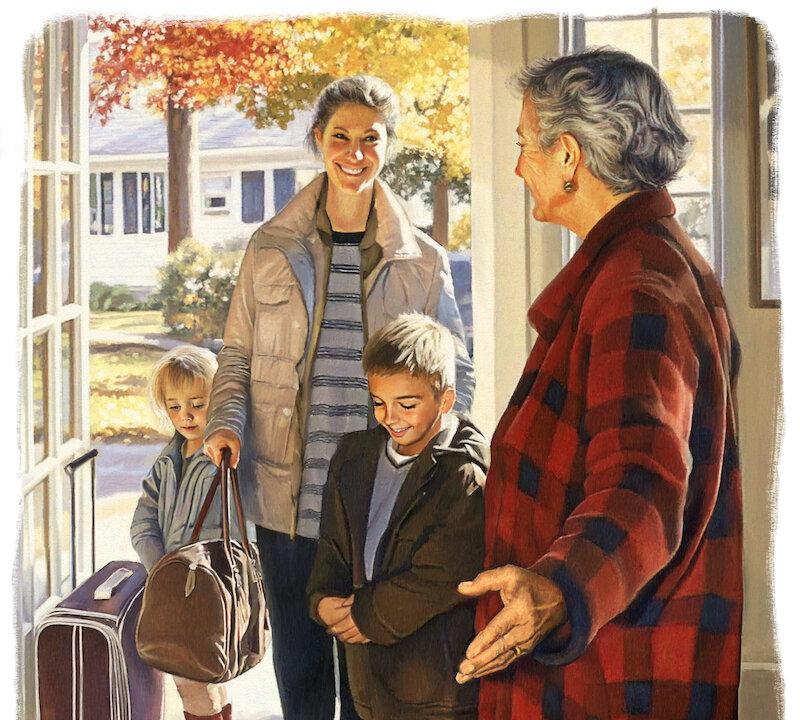“I can’t wait until this election is over” has been a common refrain from family and friends these last couple of weeks.
We’d all grown tired of the heated rhetoric, the character assassinations, the charges and countercharges, many of them lacking substance, that blistered the airwaves and enflamed social media. Now that we have elected a new president, half the country is cheering and celebrating a victory while the other half is suffering the gloom and doom of defeat.






